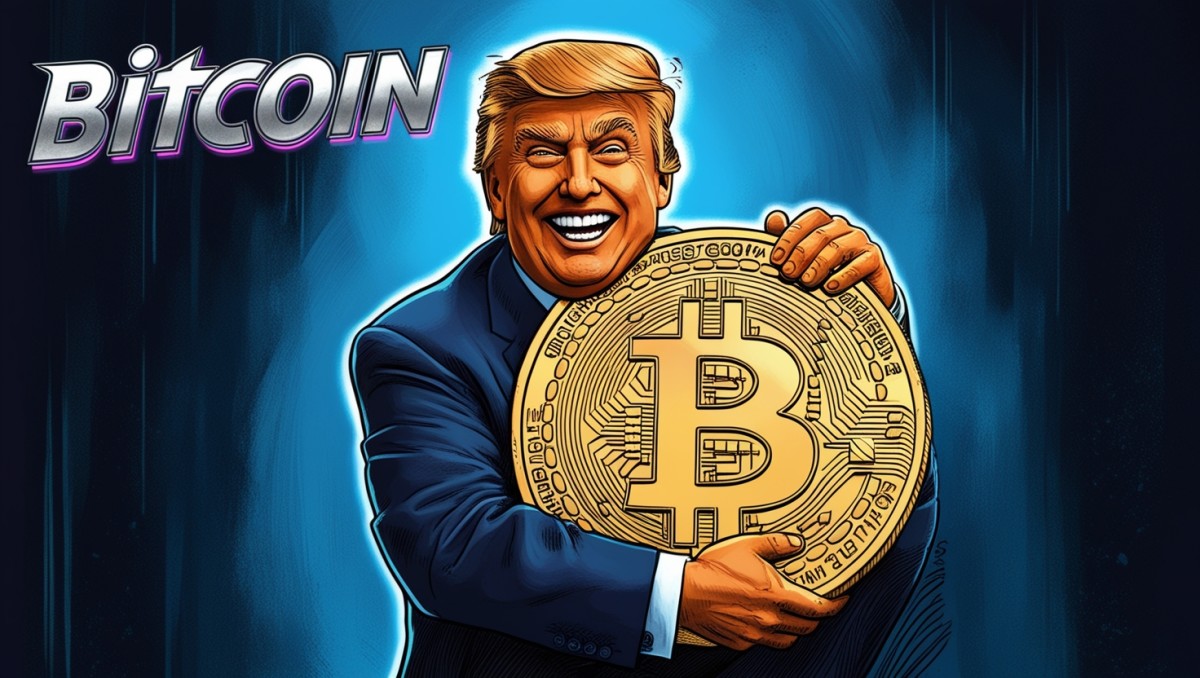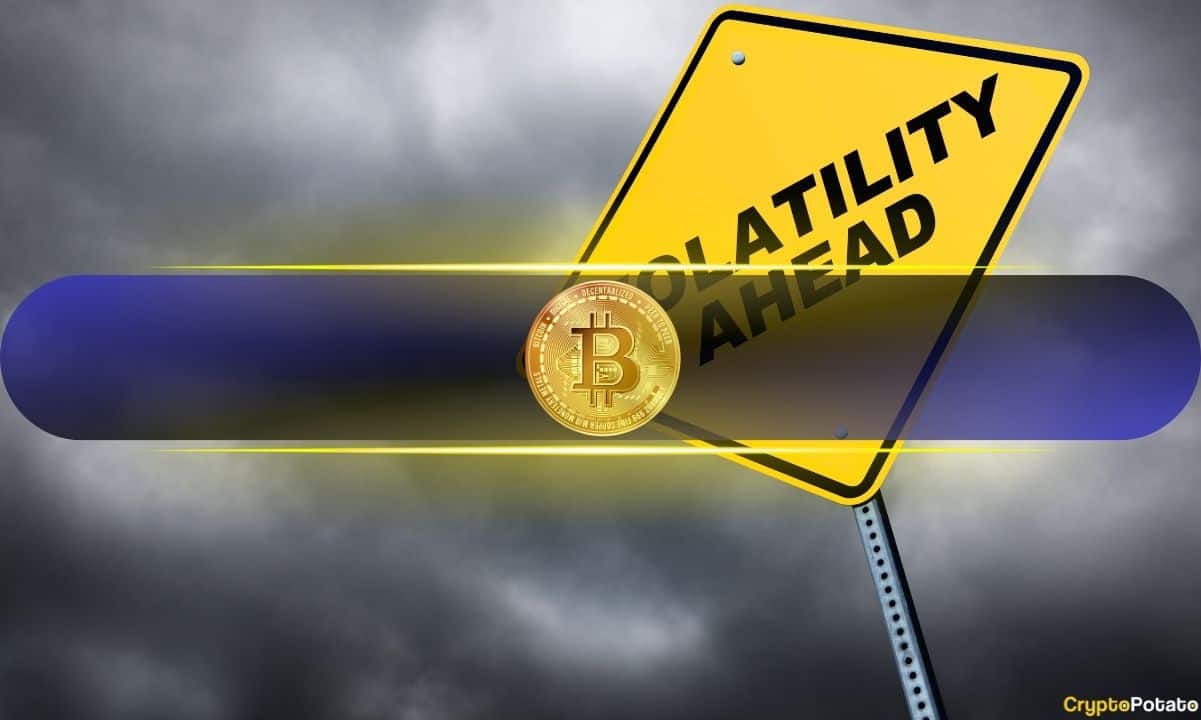It’s no secret that those who feel threatened by Bitcoin will attack it. Just a month ago, The New York Times published a malicious article on Bitcoin mining’s energy usage. Senator Elizabeth Warren from Massachusetts has repeatedly attacked Bitcoin from a variety of angles, going so far as to launch an “anti-crypto army” targeting Bitcoin as a hazard to consumers, all while misleading the public on the environmental impact of Bitcoin.
These verbal assaults are not isolated and the examples above represent only a small piece of the uphill climb Bitcoin has to mass adoption. To put it mildly, Bitcoin is disrupting countless industries, making centralized authorities fearful of losing their monopoly on money and the power that accompanies it. Bitcoin essentially “calls the bluff” on corrupt bureaucrats and infinitely-inflatable fiat currencies that further enrich those who own assets while eating away at the purchasing power of those living paycheck to paycheck. Because Bitcoin is location-agnostic and capable of utilizing flexible loads, it naturally increases demand for the cheapest energy sources, which are often stranded natural gas or renewables.
So, why do many elected officials and companies attempt to denigrate and work to outlaw Bitcoin mining? Likely because their egos prevent them from understanding the value proposition of Bitcoin, but the facts speak for themselves.
Alana Mediavilla is a wife, mother, entrepreneur, business owner, filmmaker and Bitcoiner. She has a hell of a resume and a passion for storytelling. Armed with her knowledge of Bitcoin and skillset, Mediavilla decided to film and produce the documentary “Dirty Coin,” which highlights the value of Bitcoin mining while simultaneously busting the theory that Bitcoin mining is bad for the environment.
It was a privilege to hear her story and I know you will find her passion for Bitcoin inspiring.
What is your professional background?
I’ve been an artist and entrepreneur my whole life. Couldn’t help it. Started my production company in Silicon Valley 11 years ago and got recruited to be a video producer at Google Cloud for almost five years while I moonlit still running my creative agency for other big tech folks. In 2021, I parted my full-time ways with Google to focus my efforts on my company and my own IP and films.
How did you first learn about Bitcoin and what categorically drew you to it?
I learned about Bitcoin during my daughter’s ballet class in Campbell, California. A friend of mine that also had his daughter in the same class told me to buy as much as I could waste on bitcoin that week. He told me it would go up, so I degened into Bitcoin. That got me paying attention to it and when my Cuban grandfather told me he knew people sending bitcoin to Cuba, I dug into what the heck Bitcoin really was. What I found out blew my mind and continues to do so to this day.
How do you typically respond to those who are dismissive of Bitcoin, especially those close to you?
I make a feature documentary explaining my position to them XD.
It’s understandable to be against Bitcoin. Crypto is a clown show and many don’t see the difference between Bitcoin and shitcoins. Add to that that many people were raised with an energy scarcity mentality so having some crypto “hog all the energy” definitely sounds alarming. The issue is that this is just not the case. Is the industry perfect? Hell no! But are we scrutinizing the energy use of other industries the same way? Are we studied enough to know about the situations where having an energy-hungry industry like Bitcoin mining can be a good thing, as in the cases with flare mitigation or becoming a buyer of last resort in the middle of nowhere?
Understanding more factual information about the space can’t help but create better conversations about Bitcoin.
In your opinion, why is it important to close the gender gap in Bitcoin interest and adoption?
Bitcoin is for everyone. Closing the gender gap is bringing diversity of users and advocates into Bitcoin. Women are particularly good at influencing their social circles and communities. More women in the Bitcoin space means more women advocating for Bitcoin in a grassroots way. We need all kinds of people to root for financial sovereignty and that starts with conversations around the dinner table that mothers are very often responsible for leading. Whether a woman is financially independent or supporting her partner who is taking on that responsibility for the family, women understanding the importance of Bitcoin means more support to other women, people in their community, and most importantly, their families.
This is a guest post by Becca Bratcher. Opinions expressed are entirely their own and do not necessarily reflect those of BTC Inc or Bitcoin Magazine.
Source link













